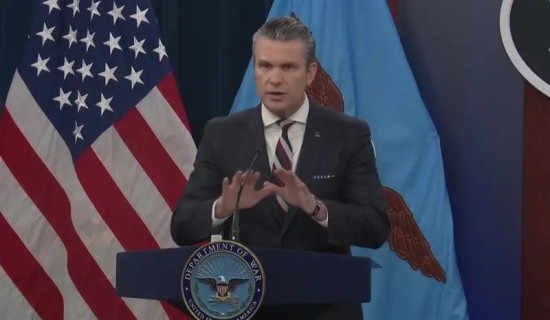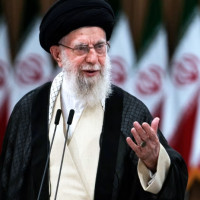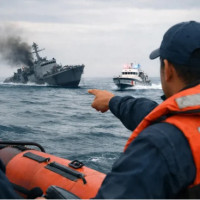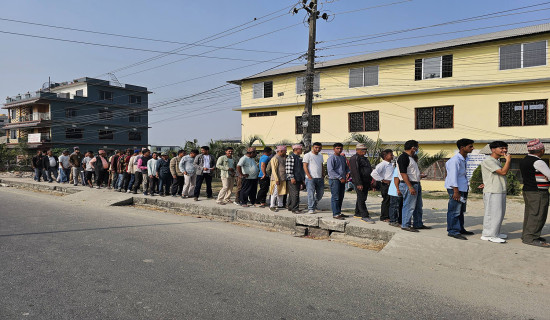- Thursday, 5 March 2026
Commonwealth nations adopt 1st ocean declaration and seek reparatory justice
Apia, Samoa, Oct. 27: Commonwealth countries adopted Saturday their first ocean declaration during their summit held for the first time in the Pacific island nation of Samoa as calls from some of Britain’s former colonies for reparatory justice for the trans-Atlantic slave trade grew louder.
The Apia Ocean Declaration was announced during the closing session of the 27th Commonwealth Heads of Government Meeting, or CHOGM, and calls on all 56 Commonwealth nations to protect the ocean in the face of severe climate, pollution and over-exploitation.
More than half the Commonwealth members are small countries like Samoa, many face significant, some even existential, threats from rising seas.
While the environmental threat was foreshadowed as a predominant theme going into the summit, the transatlantic slave trade from Britain’s colonial history dominated the discourse through the opening days.
The Apia Commonwealth Ocean Declaration for One Resilient Common focuses on recognizing maritime boundaries amid sea-level rise, protecting 30% of oceans and restoring degraded marine ecosystems by 2030, and urgently finalizing the Global Plastics Treaty. It also calls for ratifying the high-seas biodiversity treaty, developing coastal climate adaptation plans, and strengthening support for sustainable blue economies.
Samoa Prime Minister Fiame Naomi Mata’afa said in a statement released by her office that it was fitting for “our first ocean declaration” to be adopted "in the Blue Pacific continent given climate change has been recognised as the single greatest threat to the security and well-being of our people.”
The Commonwealth represents a third of the world’s population, and 49 of its 56 countries have a coastline. The organization says 25 of its members are increasingly impacted by climate change, rising sea levels, growing temperatures and increasing ocean acidity – impacting sea life, ecosystems and the communities that depend upon them.
Mata’afa said the declaration must become “a line in the sand” for the world to collectively transform “ocean exploitation into protection and sustainable stewardship.”
Outgoing Commonwealth Secretary-General, Patricia Scotland said in a statement they were “immensely proud of this achievement” which "sets the standard for forthcoming international meetings, generating momentum for ocean protection as we head towards COP29 in Azerbaijan in November, and next year’s UN Ocean Conference"."
Calls from some of Britain's former colonies for a reckoning over its role in the trans-Atlantic slave trade was the thorniest issue at the summit and specifically reparatory justice.
King Charles III, who attended his first Commonwealth Heads of Government Meeting as sovereign, said in his address on Friday history couldn't be changed but that he understood “the most painful aspects of our past continue to resonate.”
Although he stopped short of mentioning financial reparations, which some leaders at the event urged, his remarks were seen as an acknowledgment of how strongly many felt about the issue in countries that Britain once colonized. (AP)
















